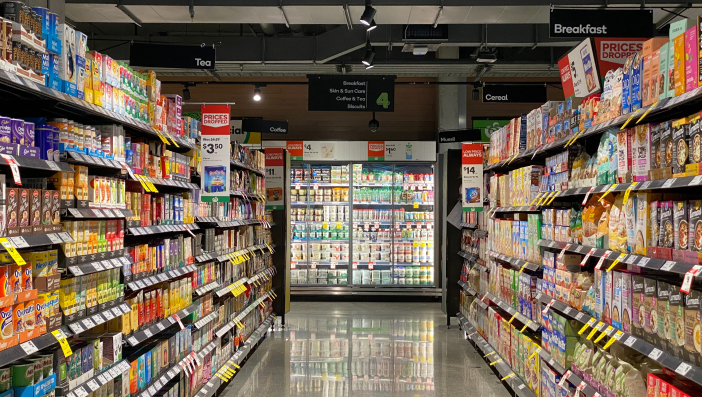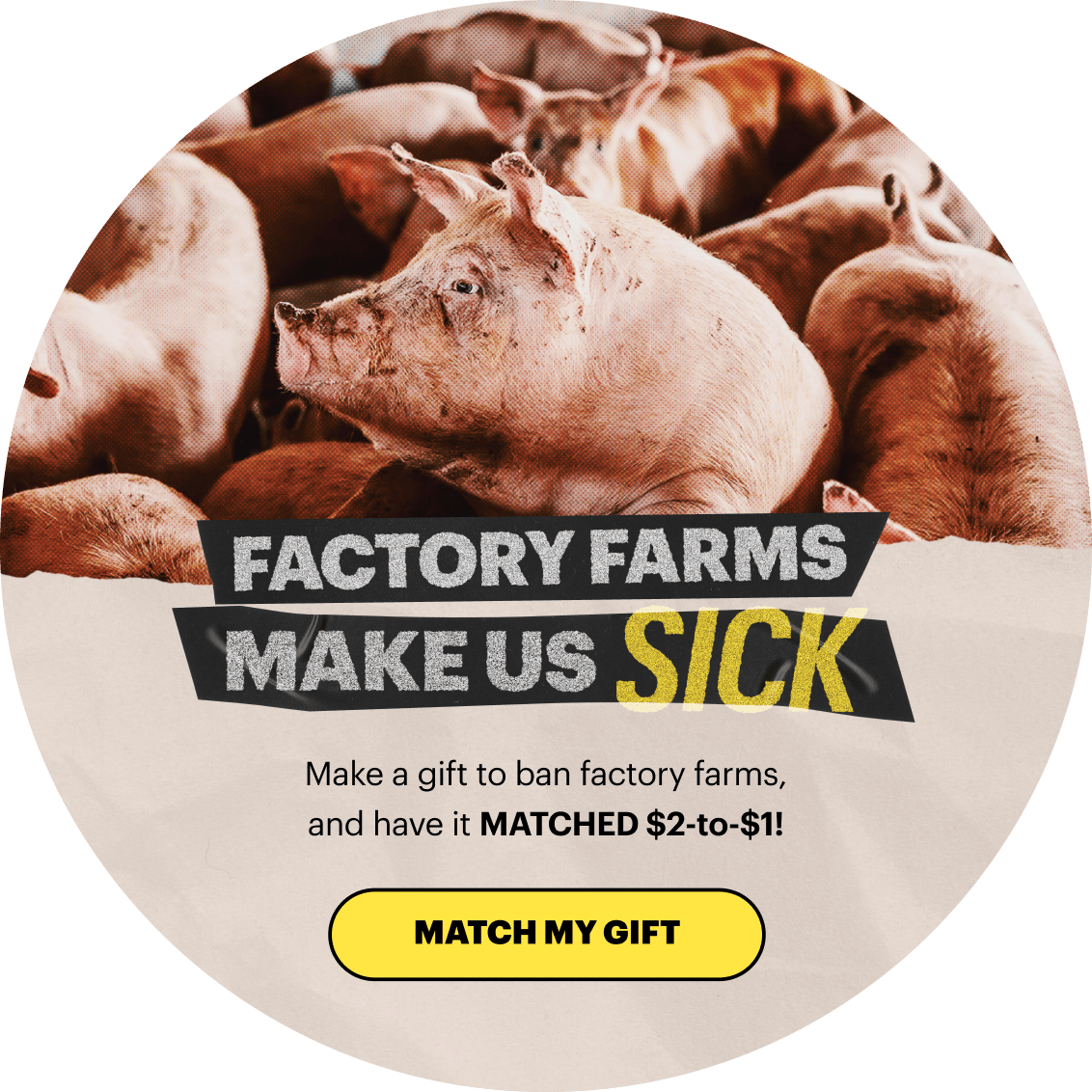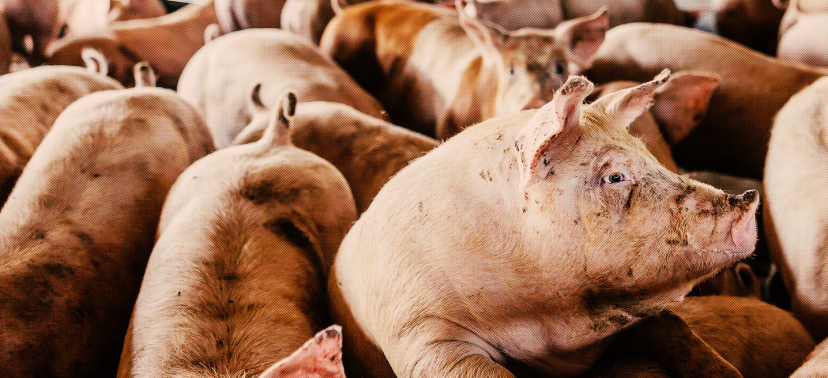FoodNews & Opinion
The Winners And Losers Of Rising Grocery Prices
Grocery prices are sky-rocketing but not everyone is feeling the pain. Where is the money going? Hint: it's not the farmers.
By Phoebe Galt
Do the higher prices on your grocery receipts lately mean that the growers producing your food are profiting more? Or that the increases reflect rising costs on their end? That’s not the biggest reason for the spike. Some participants in the path from farm to table are profiting big-time, while others are barely scraping by. Let’s take a look at the winners and those left holding the bag when it comes to rising grocery bills.
The Winners In The Food Profit Game: Big Ag
Over the past two years, the cost to feed a family of four on a thrifty budget has increased by 33.5%. Animal products, produced predominantly on factory farms, are sporting some of the largest price increases. Meanwhile, the largest meat, dairy and poultry corporations are seeing record profits.
Tyson Foods, Perdue and Cargill are all seeing double-digit revenue growth. Today, there are over 25,000 factory farms in the US. These industrial operations produce as much as possible as quickly as possible, all at the lowest cost to the corporation. That fast track to profit is a recipe for disaster for the rest of us.

Those Left Holding The Bag: Smaller Farmers
While Big Ag is raising prices at the grocery store, they’re also squeezing farmers for profit. For instance, more factory farms mean fewer farmers. In the five years from 2012 to 2017, fifteen percent of America’s dairies closed. That’s 10,000 rural businesses shuttering their doors and countless thousands of employees losing their jobs. These same trends are mirrored in the poultry, beef, and pork industries.
Farmers who do remain are struggling to make ends meet. For every dollar Americans spend on food, farmers take home only 14.3 cents. Whether buying seeds, slaughtering livestock or finding buyers, independent farmers struggle to remain afloat in a market Big Ag dominates. Contract growers who operate factory farms under Big Ag’s stranglehold aren’t doing much better. They are trapped in extractive contracts with corporations. Those parent companies own the animals, set the terms and dictate all aspects of raising the animals, from the buildings they are confined in to the feed they eat.
Those Left Holding The Bag: Rural Communities
Big Ag is gutting America’s rural communities all while raising prices at the grocery store for consumers. Factory farms are linked to declining rural economic prosperity, including job loss and population decline. On top of wreaking havoc on local economies, they’re also tremendous environmental hazards, producing 885 billion pounds of manure annually.
Flies, stench and toxic drinking water are the norm for those who are forced to live, work and play near factory farms. Small-town businesses from bookstores to independent grocers are closing shop, as large corporations push them out of the local economy. Rural counties nationwide are experiencing massive population declines. Some of the biggest declines come from counties where factory farms have moved in.
Those Left Holding The Bag: Our Planet
Grocery prices mirror trends in Big Ag’s climate emissions — both are on the rise. Factory farms are responsible for a whopping percentage of the methane emissions warming our climate. New EPA data reveals that factory-farmed animal manure emissions have risen 71 percent since 1990. And the manure is only half the problem. Industrial factory farming relies on the massively carbon-intensive overproduction of feedstock. This is produced with petroleum-derived fertilizers, pesticides, and practices like tilling that displace large amounts of soil carbon.
As factory farms continue to expand unchecked, the industry’s effect on the mounting climate crisis only intensifies.
We Must Stop Factory Farms
For too long, our politicians have put Big Ag and their Wall Street investors above Main Street. While corporate fat cats and their investors rake in the dough, farmers, rural communities and our planet are losing out.
Factory farms affect all of us, and consumers are feeling the impacts of a consolidated, profiteering industry more than ever. We must ban all new factory farms and transform our food system so it works for people and our planet — not Big Ag.
Join us in fighting for the Farm System Reform Act with a message to Congress.


FACTORY FARMS MAKE US SICK
Make a gift to ban factory farms ~and have it MATCHED $2-to-$1!

